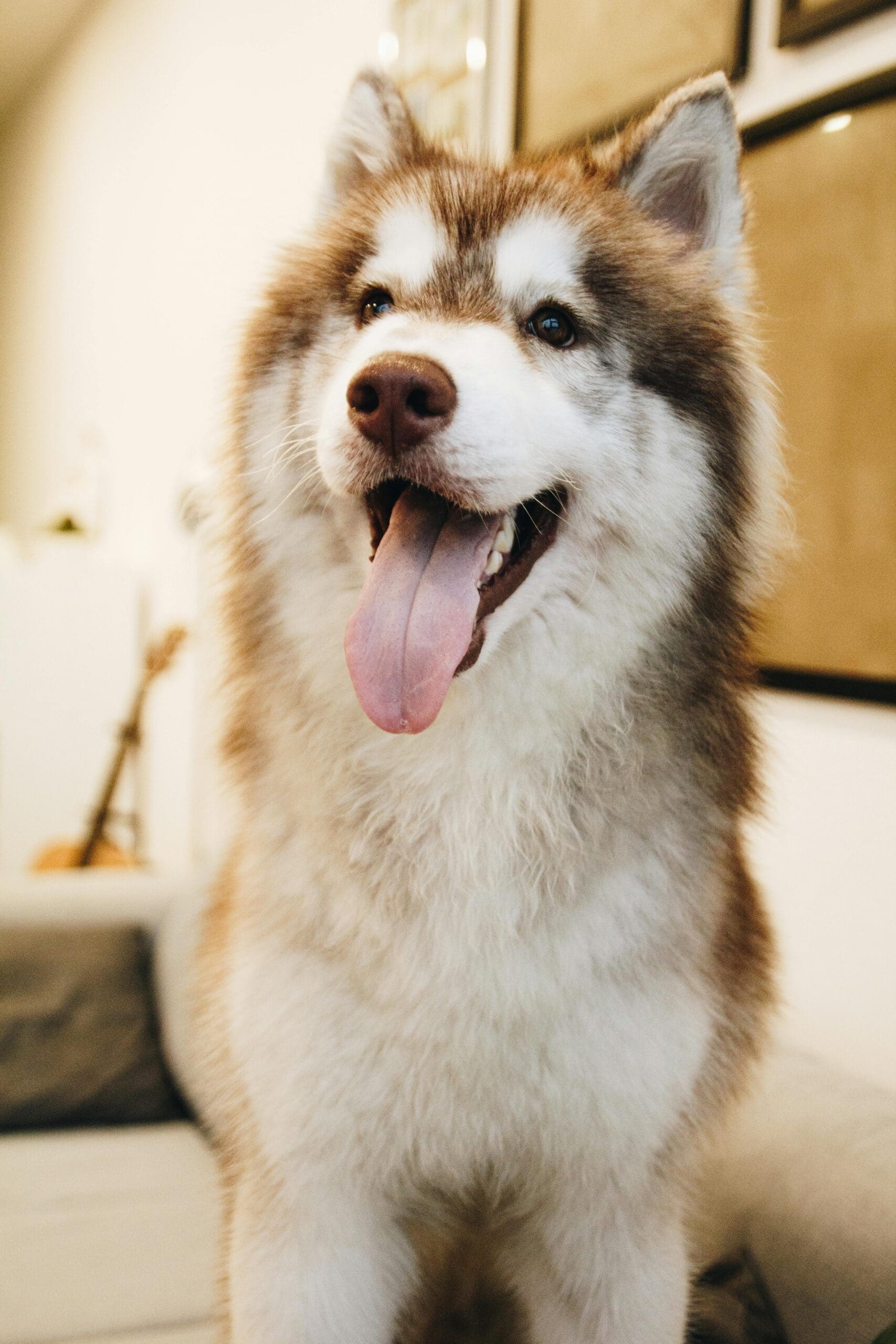
Understanding Puppy Behavior
Before diving into ways to calm down your puppy, it’s important to understand the reasons behind their hyperactivity or anxiety. Puppies, much like human children, are full of energy and curiosity. They are also highly sensitive to their environment, and changes in routine or new stimuli can easily overwhelm them. Additionally, puppies may act out due to boredom, lack of exercise, or simply because they haven’t learned appropriate ways to release their pent-up energy. By recognizing these factors, you can better address your puppy’s needs and help them find calmness.
Create a Calm Environment
Your puppy’s environment plays a significant role in their behavior. Creating a calm and reassuring space for them is essential. Start by designating a quiet area in your home where your puppy can retreat when they feel overwhelmed. Provide comfortable bedding, toys, and perhaps a piece of clothing with your scent to comfort them. Keep the area free from loud noises and excessive foot traffic. Establishing this safe haven will give your puppy a sense of security and tranquility.
Positive Reinforcement Training
Training is a vital aspect of helping your puppy learn to calm down. Positive reinforcement techniques, such as clicker training and reward-based methods, can be incredibly effective. When your puppy displays calm behavior, offer them praise, treats, or a favorite toy. By consistently rewarding their serene moments, your puppy will begin to associate calmness with positive outcomes. Over time, this will encourage them to exhibit more composed behavior in various situations.
Engage in Physical and Mental Exercise
Puppies have an abundance of energy that needs to be channeled appropriately. Regular physical exercise, such as walks, playtime, and interactive games, is crucial for burning off excess energy and promoting relaxation. Mental stimulation is equally important. Engage your puppy in activities that challenge their mind, such as puzzle toys or basic obedience training. A combination of physical and mental exercise will help tire out your puppy, leading to a more tranquil demeanor.
Establish Consistent Routines
Puppies thrive on routine. Establishing a consistent daily schedule for feeding, playtime, walks, and rest will provide your puppy with a sense of predictability and security. When they know what to expect, they are less likely to become anxious or hyperactive. A structured routine also helps regulate your puppy’s energy levels, making it easier for them to relax when needed.
Practice Relaxation Techniques
Just like humans, puppies can benefit from relaxation techniques. Consider introducing your puppy to calming practices, such as gentle massage or aromatherapy. Soft music or white noise can also have a soothing effect on your puppy, especially during naptime or bedtime. These techniques can help your puppy associate relaxation cues with a calm state of mind.
Seek Professional Guidance if Necessary
If your puppy’s hyperactivity or anxiety persists despite your best efforts, seeking professional guidance from a veterinarian or a certified dog behaviorist is advisable. They can assess your puppy’s behavior and provide tailored advice to address any underlying issues. Sometimes, there may be medical reasons contributing to your puppy’s behavior, so it’s important to rule out any health concerns.
Helping your puppy find calmness is a journey that requires patience, understanding, and consistent effort. By creating a tranquil environment, providing positive reinforcement, engaging in physical and mental exercise, establishing routines, and introducing relaxation techniques, you can help your puppy develop the skills to manage their emotions and behavior. Remember, every puppy is unique, so it’s essential to approach their needs with empathy and compassion. With time and dedication, you’ll witness your puppy grow into a well-adjusted and content companion.[/fusion_text]



